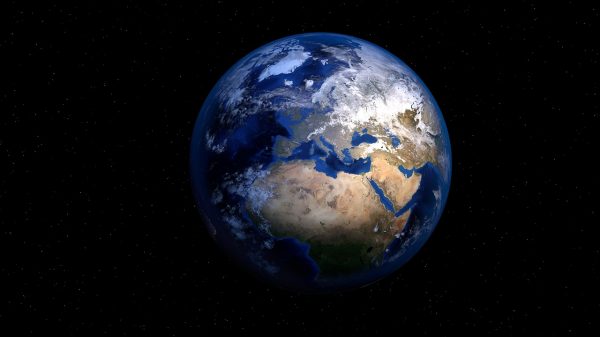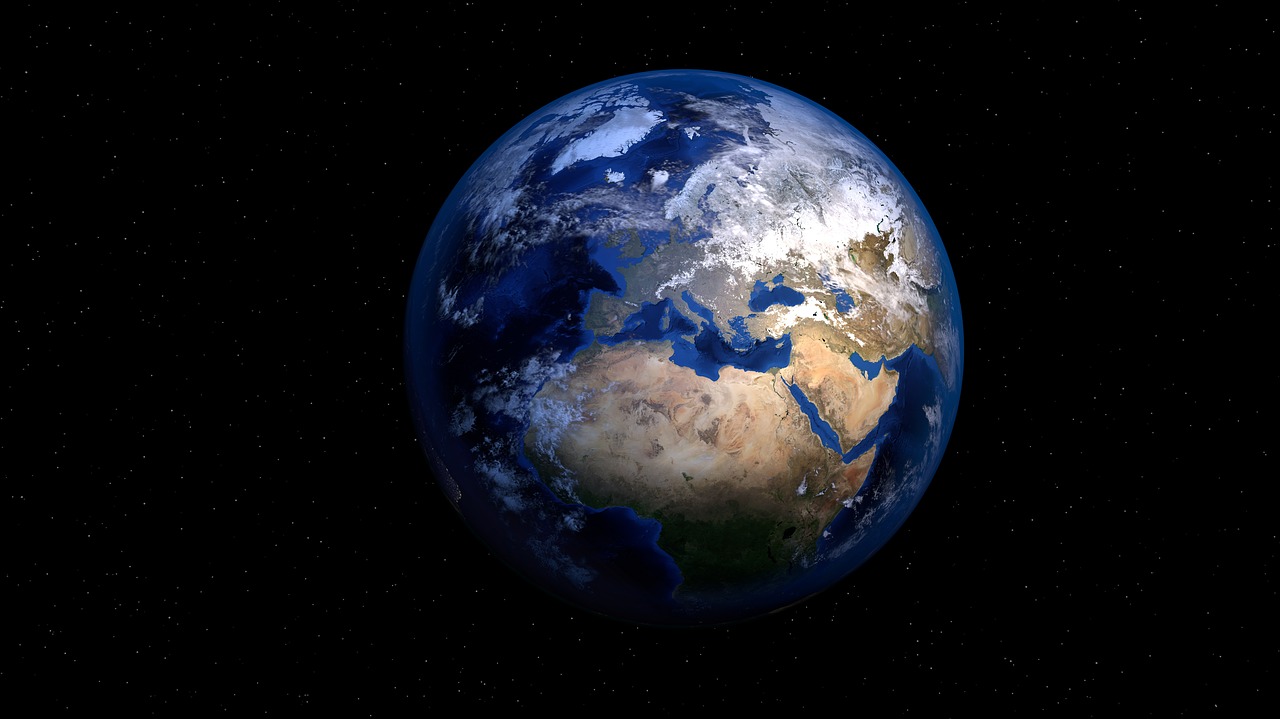 Would our planet be better off if humanity ceased to exist? That is quite a morbid question, but today an increasing number of intellectuals are bringing it up, because they are convinced that we are the source of everything that is wrong with our world. According to these zealots, humans are the primary source of climate change and if we do not alter our course the planet will be destroyed. But since humanity apparently lacks the will to end the behaviors which are destroying the planet, many of them also believe that it would be a good thing if we were to be completely wiped out somehow. Most normal people would never think this way, but these are the sorts of discussions that intellectuals and elitists are now having all the time, and sometimes this bleeds over into the mainstream media. For example, the New York Times just published a very long article by Clemson University professor of philosophy Todd May entitled “Would Human Extinction Be a Tragedy?” The following is a brief excerpt from that article…
Would our planet be better off if humanity ceased to exist? That is quite a morbid question, but today an increasing number of intellectuals are bringing it up, because they are convinced that we are the source of everything that is wrong with our world. According to these zealots, humans are the primary source of climate change and if we do not alter our course the planet will be destroyed. But since humanity apparently lacks the will to end the behaviors which are destroying the planet, many of them also believe that it would be a good thing if we were to be completely wiped out somehow. Most normal people would never think this way, but these are the sorts of discussions that intellectuals and elitists are now having all the time, and sometimes this bleeds over into the mainstream media. For example, the New York Times just published a very long article by Clemson University professor of philosophy Todd May entitled “Would Human Extinction Be a Tragedy?” The following is a brief excerpt from that article…
To make that case, let me start with a claim that I think will be at once depressing and, upon reflection, uncontroversial. Human beings are destroying large parts of the inhabitable earth and causing unimaginable suffering to many of the animals that inhabit it. This is happening through at least three means. First, human contribution to climate change is devastating ecosystems, as the recent article on Yellowstone Park in The Times exemplifies. Second, increasing human population is encroaching on ecosystems that would otherwise be intact. Third, factory farming fosters the creation of millions upon millions of animals for whom it offers nothing but suffering and misery before slaughtering them in often barbaric ways. There is no reason to think that those practices are going to diminish any time soon. Quite the opposite.
Humanity, then, is the source of devastation of the lives of conscious animals on a scale that is difficult to comprehend.
The New York Times did not have to publish Professor May’s article, but they did.
So they must believe that this is a reasonable opinion.
Later in that same article, May suggests that “the elimination of the human species would be a good thing” if it wasn’t for humanity’s wonderful creative endeavors…
If this were all to the story there would be no tragedy. The elimination of the human species would be a good thing, full stop. But there is more to the story. Human beings bring things to the planet that other animals cannot. For example, we bring an advanced level of reason that can experience wonder at the world in a way that is foreign to most if not all other animals. We create art of various kinds: literature, music and painting among them. We engage in sciences that seek to understand the universe and our place in it. Were our species to go extinct, all of that would be lost.
But what about those cultures that are not engaged in such pursuits?
Should those that are not adding something of “value” to our world simply be eliminated?
That would seem to be the logical conclusion of such thinking.
There are many intellectuals today that are very much into promoting population control or population reduction, but Professor May doesn’t really see the need to take such measures. At this end of his article, he suggests that there is a very strong possibility that we are going to be the ultimate cause of “our own tragic end”…
It may also turn out that it is through our own actions that we human beings bring about our extinction, or at least something near it, contributing through our practices to our own tragic end.
Another elitist that is seemingly obsessed with climate change and population issues is Bill Gates.
Just recently, Gates publicly stated that he believes that millions of people in poor countries will die by the end of this century as a result of climate change…
On the issue of climate change, Gates predicted that for countries like Africa — which are “completely dependent on the rain coming” — climate change presents a “threat to … survival.”
He also predicted “millions of deaths because of climate change between now and the end of the century.” He said a significant portion of that count will be in “very, very poor countries, because of the subsistence farming.”
So what must be done?
Well, since humans are the primary cause of climate change, reducing the human population is essentially equivalent to “saving the planet” according to their twisted way of thinking.
And perhaps that may explain why the Bill and Melinda Gates Foundation has been pouring such vast amounts of money into the development of a male contraceptive pill.
Most of us never think much about population issues, but for elitists such as Gates it can become something of an obsession. They truly believe that the human population is a ticking time bomb that will explode in the not too distant future.
But the truth is that our planet could easily support a human population that was twice as large if our resources were managed properly and new technologies which already exist were allowed to flourish.
Sadly, those things are not happening, and instead humanity is being herded into incredibly overcrowded cities. And such overcrowding can have very negative consequences as a scientific study involving mice once demonstrated…
Scientist John B. Calhoun created mouse utopias in which the rodents had all the food, water and bedding they required.
But after several generations, the booming population descended into chaos with male mice becoming savagely violent and females failing to nurture their young.
The subsequent generation became known as the “beautiful ones” – non-violent but interested in little else other than grooming themselves.
Could it be possible that our own version of the “beautiful ones” is starting to emerge?
Today, we have millions of self-obsessed young adults that are continuously staying indoors, isolating themselves and spending endless hours on the Internet.
In Japan, they actually have a term for this, and it is recognized as a national crisis…
And in densely-populated Japan, a disturbing trend dubbed “hikikomori” has gripped the younger generation, with an estimated half a million Japanese youth living as social recluses.
The Japanese government defines hikikomori as people who haven’t left their homes or interacted with others for six months or more.
Our world is changing, and not for the better.
Those that are suggesting human extinction as the answer are totally on the wrong track. Instead of giving up on life, we need to rediscover what makes life worth living in the first place.
 About the author: Michael Snyder is a nationally-syndicated writer, media personality and political activist. He is the author of four books including Get Prepared Now, The Beginning Of The End and Living A Life That Really Matters. His articles are originally published on The Economic Collapse Blog, End Of The American Dream and The Most Important News. From there, his articles are republished on dozens of other prominent websites. If you would like to republish his articles, please feel free to do so. The more people that see this information the better, and we need to wake more people up while there is still time.
About the author: Michael Snyder is a nationally-syndicated writer, media personality and political activist. He is the author of four books including Get Prepared Now, The Beginning Of The End and Living A Life That Really Matters. His articles are originally published on The Economic Collapse Blog, End Of The American Dream and The Most Important News. From there, his articles are republished on dozens of other prominent websites. If you would like to republish his articles, please feel free to do so. The more people that see this information the better, and we need to wake more people up while there is still time.
